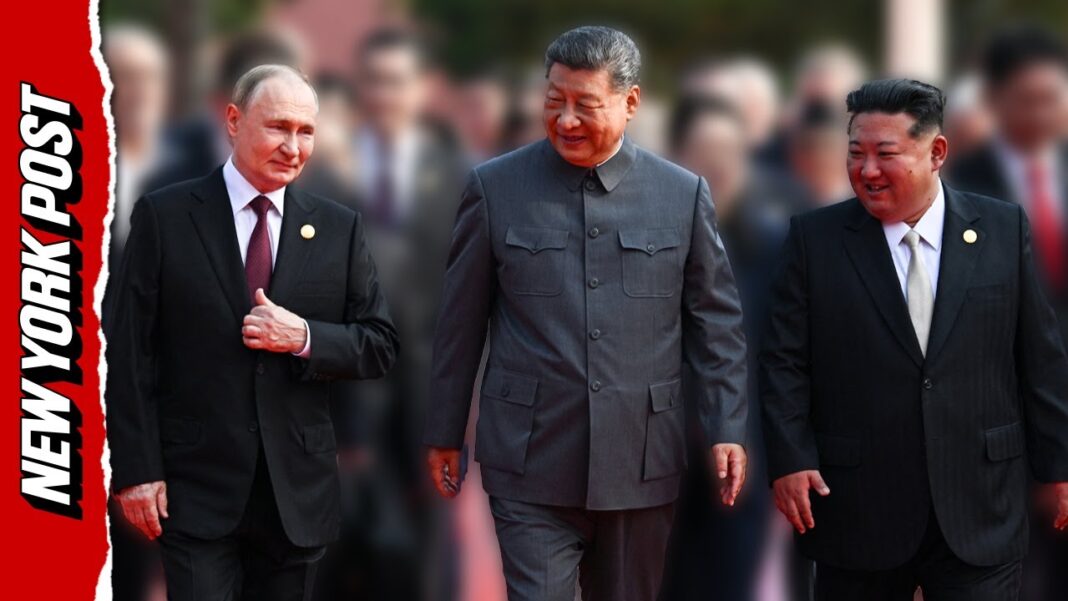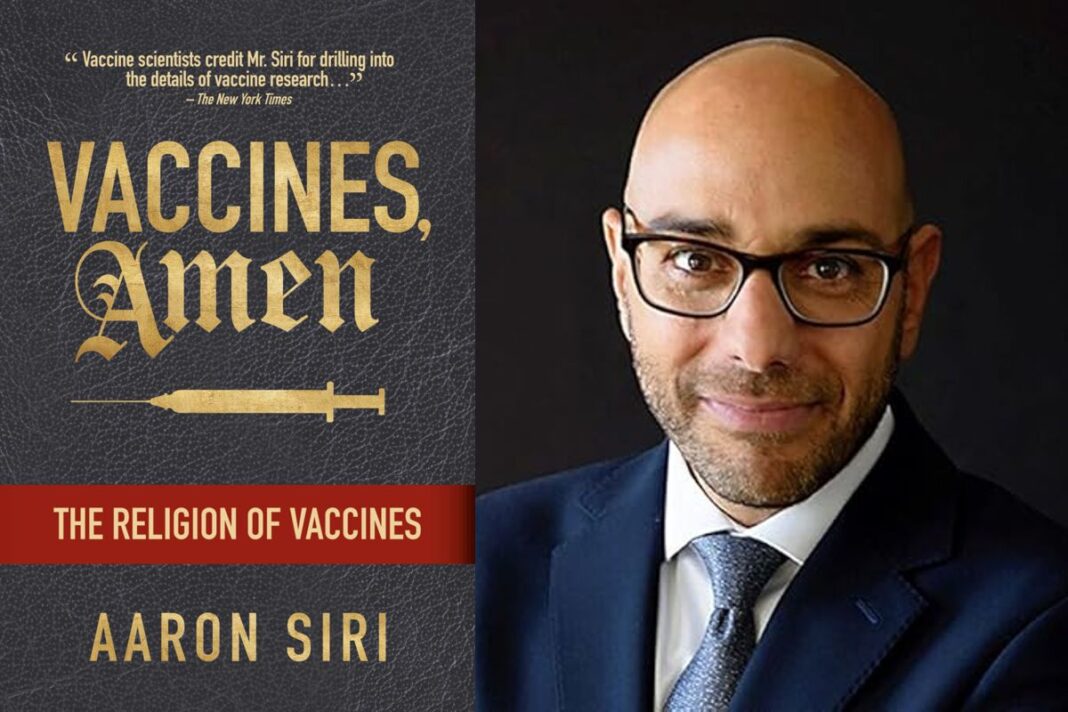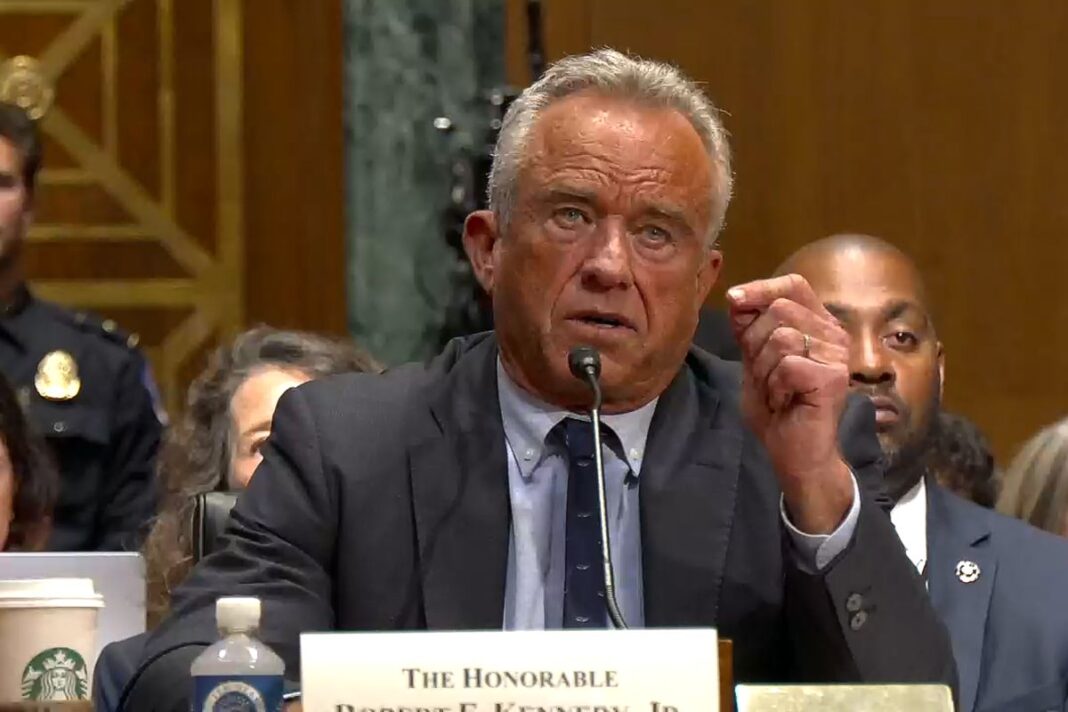The Chinese regime is ‘committing genocide’ to sustain its made-to-order organ transplant industry, the congressman says.
The hot mic moment during which China’s and Russia’s leaders were musing about immortality through organ transplants speaks to more than their mutual desire to stay in power.
It touches on a sensitive topic for the regime—forced organ harvesting—the very mention of which Beijing has striven to erase even in the West.
Rep. Chris Smith (R-N.J.), a lawmaker who monitors human rights abuses abroad, said that the off-the-cuff exchange—and the casual way organ transplants came up—was unsettling.
“It shows how cruelty knows no bounds,” Smith told The Epoch Times.
Chinese leader Xi Jinping and Russian President Vladimir Putin, while walking together before a military parade on Sept. 3, discussed becoming younger with continued organ transplants. Xi suggested the possibility of living to 150 years old in this century.
The conversation signals a seeming abundance of organs for China’s top political echelon, known for extravagant privileges inaccessible to the Chinese public. How and where to source the organs seemed an afterthought.
Independent investigations from the London-based China Tribunal and others have found the killing-for-organs scheme to be widespread in China, often targeting prisoners of conscience such as detained practitioners of Falun Gong, a meditation practice for mental and physical well-being taken up by almost one in 13 Chinese people during the 1990s.
That Beijing has no desire for the publicity of the conversation was clear. Chinese media outlets have taken down videos containing the clip or covered the sound with music in replays.
But Putin confirmed the talk quickly later in the day.
“The modern means of health support, medicine, even some surgeries involving organ transplantation, allow humanity to hope that the active life span will not be like today,” he told reporters, adding that “it differs from country to country.”
What came across in these remarks seems to be, “I don’t care,” according to Smith.
By Eva Fu








